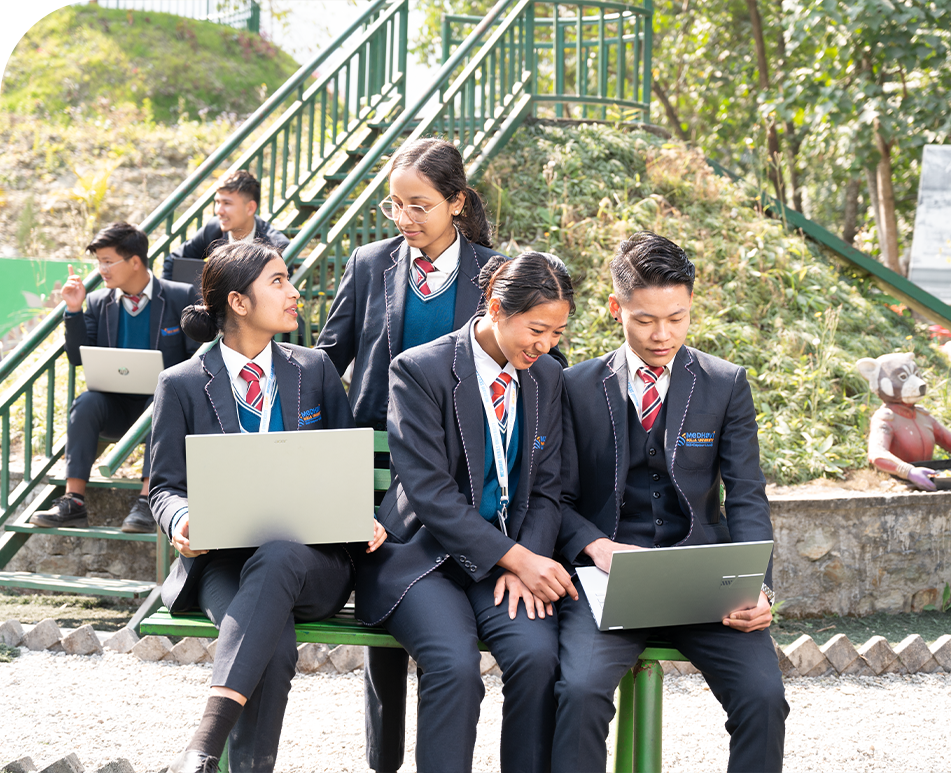Today, India is one of the youngest nations in the world, with more than 62% of its population in the working-age group (15-59 years), and over 54% of its total population below 25 years of age.
Today, India is one of the youngest nations in the world, with more than 62% of its population in the working-age group (15-59 years), and over 54% of its total population below 25 years of age. The world is rapidly aging, but India is still young. India's population is estimated to be 141.7 crore by the end of 2022, with 50% of the population being under the age of 30. In the next few decades, India will be powerhouse of talent and one of the largest contributors to the global workforce. To reap this demographic dividend, India needs to equip its workforce with knowledge and employability skills so that they can contribute substantially to the economic growth and development of the country. Our ability to provide High-quality educational opportunities to the youth will determine the future of our country.
According to the India Skills Report 2023, 50.3% of young people in education were found to be highly employable overall. The current share of women in the Indian workforce is 33%, which is less than that of Males at 67%. More concerning is the growing wealth inequality. The top 1% in India now owns more than 40.5% of total wealth in 2021, while the bottom 50% of the population has around 3% of total wealth, as per the Oxfam India report 2023. Be it the lack of employment opportunities for educated youth or growing wealth inequality or reduced participation of women in the workforce, having access to quality and Affordable professional higher education with assured employability can be instrumental in improving the present scenario.
The higher education space is a platform to groom the youth for the development of the world and self. Offering a stalwart, progressive ecosystem for learning is essential.

To ensure that learning and experience become outcome-driven, persistent, and progressive, it has to be through applied forms maturing to the acquisition of skills through action reflection, practice, and innovation. With the social behavior of youth and the nature of work in a process of consistent change, there is a need to reimagine the strategic integration of skills in higher education linked to their entry into the professional world.
Designing higher education programs to synchronize the paramount energy, excited instinct, and explorative mind for self-transformation requires competency-driven curriculum, outcome-based engagement, accelerating teamwork space and appropriate mentorship. More importantly, the learning needs to mature through the composite structure of the classroom (online, offline, self-led, peer-supported), lab/workshop (practical, practice production), community (solving community problems), field/industry/workspace (advanced and mass production/solution in real-time). Companion Platform Skills Competition, Hackathons, Industry Challenges, Training Assistance, Skill Development, Innovation, and Entrepreneurship initiatives should be integrated seamlessly.
